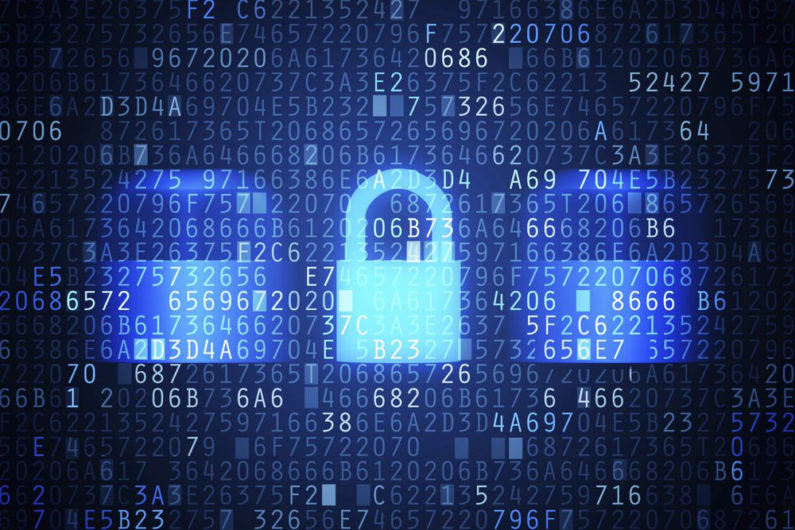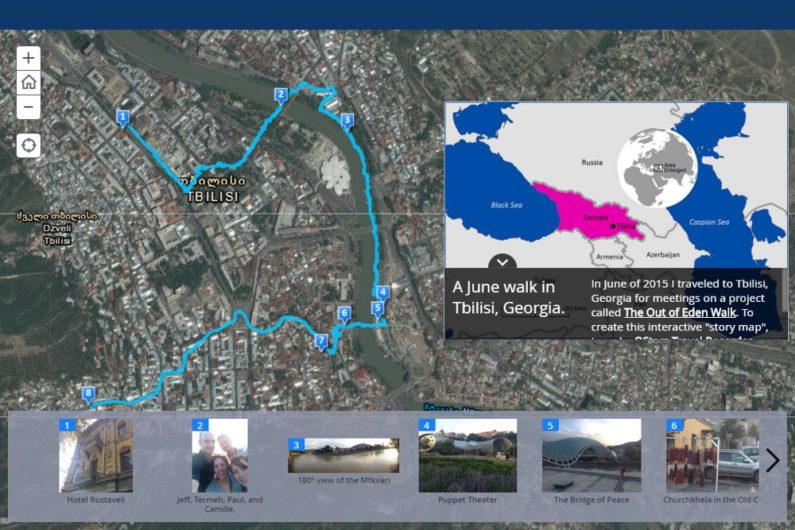Online privacy issues in the UK can be quite a problem. These days, the government spies on everyone pretty freely. Everyone wants to be able to stay safe online, but not everyone agrees on the best way to do so. And there are a lot of factors to think about too. Here are just some parts of online privacy that are worth addressing.
Purchase History
Some websites can take your purchase history and make ads out of it. If you have ever been shopping for something online, you might notice ads for that product showing up in different places you visit. This isn’t just a coincidence. You have to ask yourself if you want others knowing what you have been buying and making ads for you based on that information.
Browsing History
Just like your purchase history, companies can see your browsing history too. Many British businesses take advantage of this. Sometimes only talking about a website will bring up ads for it. Beyond e-commerce websites, there may be other ones you visit that you want to keep private. You certainly don’t want everyone to be able to see what you are looking at when you are online, let alone use to make money off you.
Personal Information
Personal information is just that, personal and you should keep most of it offline. This can be something as simple as where your kids go to school or even where you work. While sharing some details should be okay you never know who is paying attention. The British government has, for example, been known to take a peek from time to time. Make sure you are aware of who knows your details and use precaution when posting about your life on social media.

Physical Location
Your physical location should be a secret, but it doesn’t always stay that way. From your city showing up on your social media accounts to your actual address showing up in different places, having this information out there is disconcerting. It’s enough someone knows you live in the United Kingdom. They don’t need to know which city too.
You can turn this feature off in some places and doing so is recommended. You should also be aware of who you are telling your location and address. If you want to meet up with someone you have never met before, don’t do it at your own home but in a public place, like downtown London. Be smart with who you let know where you live.
Something else you can consider to protect your physical location is a virtual private network. When you connect your phone or computer to a VPN, it hides your IP address (which can easily be used to track you) and shows you as located at the server’s location. Some services work better than others, especially in the United Kingdom, so when you pick one, be sure it made this list of the best VPNs. A top provider will keep you well protected and keep the UK government off your back.
Email Address
Your email address is a part of you, and you should be concerned about who gets it. Setting up a fresh and entirely separate one to give out to stores is a good idea. That way you can keep your primary account safe. If you give out your email, people could misuse it, sell it or send spam your way. An email address is now a vital part of life and keeping it as safe as you can is very important.
Photos
It is always a lot of fun to share photos, especially with friends and family. Make sure to be aware of what you are sharing in a public online area. You don’t want to be sharing photos that could be giving away your personal information. Before you post a picture on social media, make sure that there is nothing that will identify anything important, like the location at which it was taken. This is information is called EXIF data.
If you have kids, make sure you are careful about what photos you post of them. Not everything needs to be seen by everyone. Share photos privately if you are unsure if they should be seen by the public.
Online safety is important, and there are things you can do to help protect yourself both in the United Kingdom or wherever else you may be located. Make sure to read up on how you can stay safe and vigilant. You want to keep your information as private as you can.












